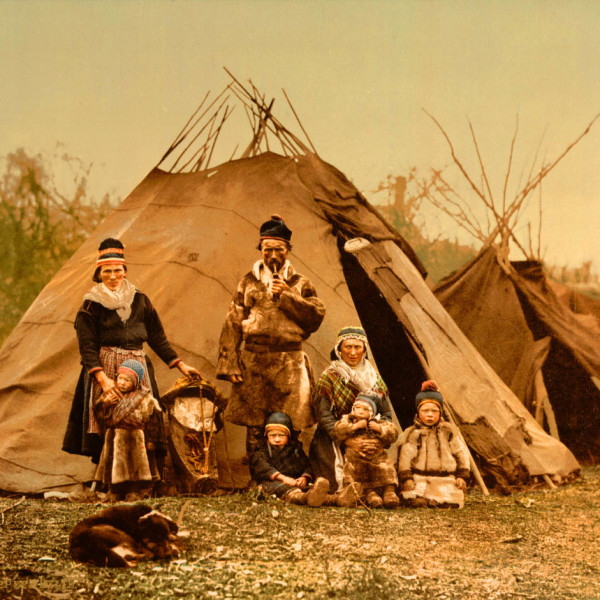In this series:
What is Technology?

A few days ago, I published an essay attempting to explain and define transhumanism. At root, I said, transhumanism is the idea that we can make things better.
One comment suggested that I should add an important qualifier: transhumanism is the idea that we can make things better through science and technology.
I agree that this is the main distinguishing factor of modern transhumanism. In fact, when we encounter older transhumanism*s*, or expressions of transhumanism not focused on technology, we usually think of them as religions. There are some groups of people today, for example, who believe they can make the world better through mysticism. There are others who believe they can make the world better through politics. Transhumanists are usually thought of as the people who focus on making the world better through technology.
So let’s accept this definition. Transhumanism is about making the world better through technology. But what is technology?
In his book What Technology Wants, Kevin Kelley coins the idea of “the technium”. The technium, he says, is the complete ecosystem of things which have physical presence, and yet which trace their roots to the mind of man.
This includes planes, trains, and automobiles, but it also includes every piece of art ever created, every book ever written, every song ever composed. It includes spoken language, the alphabet, the American justice system, the suit and tie, corporate board meetings, agriculture, farms, fireplaces, Christmas, graffiti, the banana, corn, the poodle, punk rock, treehouses, roads, rope, stories, the Magna Carta, numerals, and the metric system.
All of these things are technology, because they were all created through the application of ingenuity and effort. They began as concepts, creative ideas in human minds, and then spread into the world as physical entities taking shape and shaping their surroundings.
Sometimes, technology is thought of as the application of science. But in actuality, science itself is a technology, a tool which allows us to harvest knowledge from the world, and refine it into comprehensible forms.
Even organized religion, in this broad sense, is a technology. It has buildings and meeting times, mechanisms for communicating important information, songs and sayings, a shared culture, bulletins and church signs and books. It makes use of air travel and roadways to spread the message, it makes use of microphones and meeting halls to keep the community feeling in sync.
Technology is not something new, certainly not something foreign. It is intrinsic to who we are as human beings. We are inventors and builders, we create things.
If you set an ant down in the forest, it will construct an anthill. If you set a human down in the forest, it will begin to construct a technological civilization. It will start with fire, move to shelter, clothing, and then art. Soon it will have built weapons and gardening implements, and begun construction of a small farm. Give it a few generations, and it will have built a village, or even a city. Very quickly, these human beings will be writing music, history, and philosophy — and most of all, telling stories.
Stories are perhaps the most important technology of all. They imagine alternate worlds, alternate choices, alternate possibilities. They invite us to experience the world through other eyes and other hands. They compel us to step outside of ourselves, and contemplate how things could be different. They give us a sense of past, a sense of present, a sense of future. They create loyalty and honor and courage.
Stories are the engine of human change. Stories are the fuel of our ongoing development. Without stories, we would not be human in any recognizable sense. Without stories, we would not be able to shape our world.
So technology is not the shiny new Apple watch. Technology is not the internet or your laptop computer. Technology is the set of things we have created, the work we have done, the ingenuity we have applied to the world around us. Or, to sum it up:
Technology is every technique, method, or system created by the human mind in order to make the world better.
Christianity and Transhumanism: